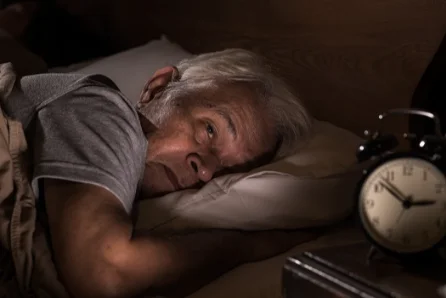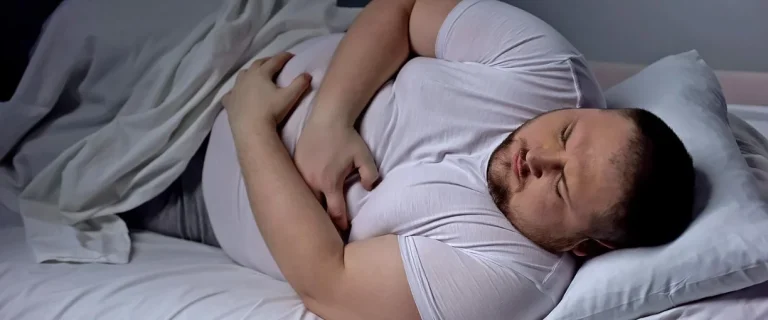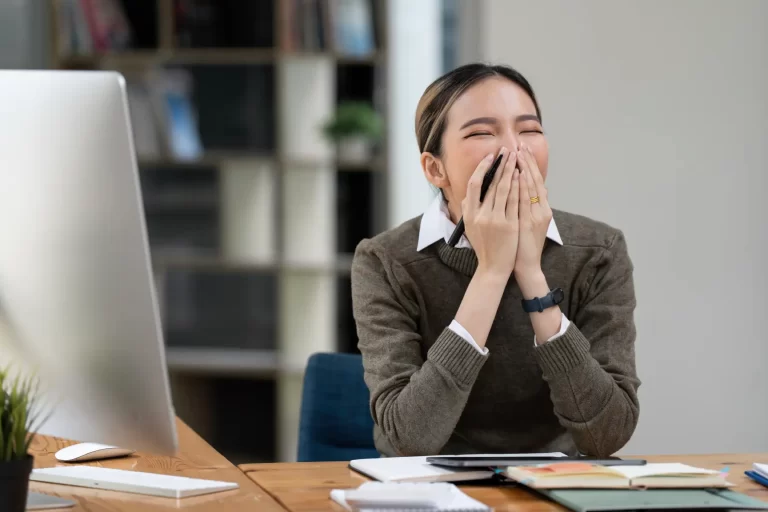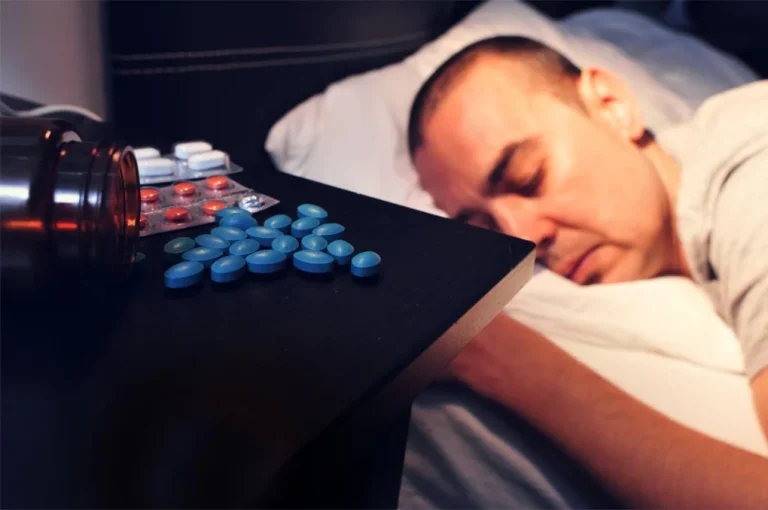Effective Strategies for Managing Anxiety-Induced Sleep Disorders in New York City Residents
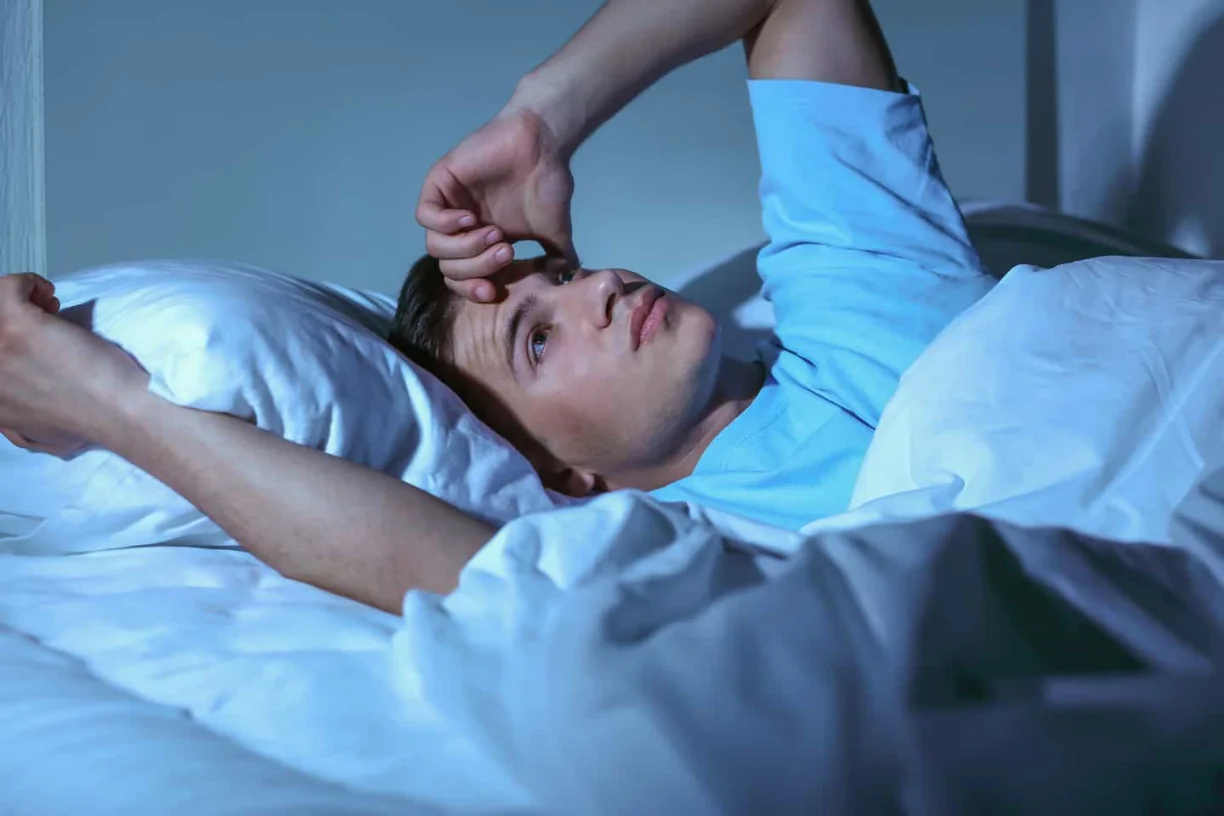
For many New York City residents, anxiety is a part of daily life. The fast-paced lifestyle, job pressures, and constant noise make relaxing difficult, especially at night. Unfortunately, anxiety and sleep disorders often go hand in hand. At Vector Sleep Diagnostic Center, we understand the unique challenges NYC residents face and are here to offer practical strategies for managing anxiety-induced sleep disorders. This guide explores how anxiety impacts sleep, provides valuable tips for improving sleep quality, and explains when professional help may be necessary.
How Anxiety Leads to Sleep Disorders
Anxiety triggers a physiological response known as the “fight or flight” mode, where the body remains in a heightened state of alertness. This response is meant to be temporary, but chronic anxiety keeps the nervous system on high alert, making it difficult for individuals to unwind and fall asleep.
Here’s how anxiety can disrupt sleep:
- Difficulty Falling Asleep: Racing thoughts and heightened arousal make it hard to relax and drift off.
- Frequent Night Awakenings: Anxiety can cause restlessness and frequent awakenings, leading to fragmented sleep.
- Nightmares and Sleep Disturbances: Anxiety increases the likelihood of experiencing disturbing dreams, further affecting sleep quality.
- Morning Fatigue: Poor sleep quality leads to fatigue and lower resilience to stress, creating a cycle of anxiety and sleep issues.
Common Anxiety-Induced Sleep Disorders
Several types of sleep disorders are often triggered or worsened by anxiety. Here’s a look at some of the most common:
1. Insomnia
Insomnia is one of the most prevalent sleep disorders among people with anxiety. It involves difficulty falling asleep, staying asleep, or waking up too early.
- Symptoms: Inability to fall asleep, waking up frequently, and feeling unrefreshed upon waking.
- Impact on Daily Life: Chronic insomnia contributes to daytime fatigue, irritability, and reduced concentration.
2. Nightmares and Night Terrors
Anxiety can lead to vivid or distressing dreams, which disrupt sleep and cause a fear of going back to sleep.
- Symptoms: Frequent nightmares, waking up in fear, and hesitancy to fall back asleep.
- Impact on Sleep: Nightmares and night terrors fragment sleep and can lead to insomnia.
3. Restless Legs Syndrome (RLS)
While not exclusively caused by anxiety, RLS often coexists with it, leading to uncomfortable sensations in the legs that disrupt sleep.
- Symptoms: Tingling or itching in the legs, especially at night, resulting in an urge to move them.
- Impact on Sleep: RLS delays sleep onset and reduces sleep quality, often leading to exhaustion.
Effective Strategies for Managing Anxiety-Induced Sleep Disorders
If anxiety is affecting your sleep, implementing specific strategies can make a significant difference. Here are some practical, science-backed tips to help you sleep better:
1. Establish a Relaxing Pre-Sleep Routine
Creating a pre-sleep routine helps signal to your body that it’s time to wind down. Consider these calming activities:
- Practice deep breathing exercises to slow your heart rate and reduce stress.
- Try progressive muscle relaxation by tensing and releasing each muscle group, starting from your toes and moving up to your head.
- Read a book or listen to calming music instead of scrolling on your phone, as screens can heighten anxiety and disrupt sleep.
2. Maintain a Consistent Sleep Schedule
Going to bed and waking up at the same time every day, even on weekends, helps regulate your body’s internal clock. This consistency makes it easier to fall asleep and wake up feeling refreshed.
3. Limit Caffeine and Alcohol Intake
Both caffeine and alcohol can exacerbate anxiety and disrupt sleep:
- Avoid caffeine in the afternoon and evening, as it can stay in your system for hours and worsen insomnia.
- Limit alcohol consumption, as it may initially cause drowsiness but disrupts deep sleep stages, worsening sleep quality.
4. Practice Mindfulness Meditation
Mindfulness meditation can help calm racing thoughts and reduce anxiety. Even a few minutes before bed can make a difference:
- Focus on your breathing and gently let go of anxious thoughts.
- Engage in guided meditation with apps or online resources specifically designed for relaxation and sleep.
5. Use Cognitive Behavioral Therapy Techniques
Cognitive Behavioral Therapy for Insomnia (CBT-I) is a proven method to manage anxiety-induced sleep issues. This therapy focuses on identifying and changing unhelpful thoughts and behaviors around sleep, reducing anxiety and improving sleep quality.
- Challenge negative thoughts about sleep (e.g., “I’ll never fall asleep”).
- Limit time in bed to only sleeping; if you’re awake for more than 20 minutes, get up and do a relaxing activity.
Sleep-Friendly Lifestyle Tips for NYC Residents
Living in a bustling city like New York comes with unique sleep challenges, but a few lifestyle changes can help you achieve better rest:
- Create a Calming Sleep Environment: Use blackout curtains to block out city lights, earplugs to reduce noise, and a fan or white noise machine to create a consistent, soothing background sound.
- Incorporate Physical Activity: Regular exercise helps alleviate anxiety and promotes deeper sleep, but avoid intense workouts close to bedtime.
- Avoid Heavy Evening Meals: Eating large meals late in the evening can cause discomfort and disrupt sleep.
When to Seek Professional Help
If anxiety-induced sleep issues persist despite lifestyle changes, seeking professional support may be beneficial. Our team at Vector Sleep Diagnostic Center specializes in helping individuals manage anxiety-related sleep disorders through personalized treatment options, such as:
- Cognitive Behavioral Therapy for Insomnia (CBT-I): A structured program to help reduce anxious thoughts and promote better sleep habits.
- Medication Options: Short-term medications may be recommended in certain cases, but always under professional guidance.
- Sleep Studies: If sleep problems are severe, a sleep study can help determine underlying issues contributing to poor sleep quality.
Call us at 1 718-830-2800 or email vectorsleep@gmail.com to schedule a consultation today.
Frequently Asked Questions (FAQs)
1. Can anxiety cause long-term sleep issues?
Yes, chronic anxiety often leads to persistent sleep disturbances, including insomnia and nightmares. Long-term management strategies can help mitigate these effects.
2. Is it normal to wake up frequently due to anxiety?
Yes, anxiety can cause frequent awakenings, leading to fragmented sleep. Practicing relaxation techniques before bed may help reduce nighttime awakenings.
3. Are there natural remedies to help with anxiety-induced sleep issues?
Lifestyle changes, such as mindfulness meditation, exercise, and a consistent sleep routine, can be highly effective. Herbal remedies like chamomile tea may also help, but consult a healthcare provider for guidance.

